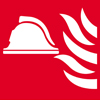This CSCS test revision page covers various safety signs you must know before appearing on the test. In this revision note, you’ll learn about multiple hazard warning signs, prohibition signs, mandatory signs, and safe condition signs.
Hazard Warning Signs
Hazard warning signs indicate potential injury risks. The hazard warning signs are generally triangular and are typically yellow with a black image, as shown in the examples below.
Bio Hazard Warning

Laser Beams Warning
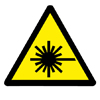
Slippery Surface Warning
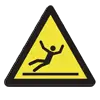
Flammable Substance
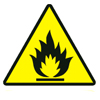
Radioactive Hazard Warning
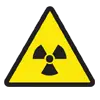
Fragile Roof Warning
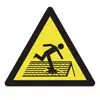
Industrial Vehicles Moving
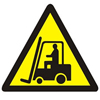
Risk of Electrocution
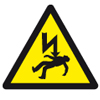
Toxic Warning
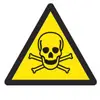
Key things to remember:
- Hazard warning signs are denoted with yellow with a black image.
- Hazard warning signs are generally triangular.
Prohibition Signs
Prohibition signs indicate that some activities are banned in that area. The No Smoking warning sign is the most common example of a prohibition sign. These warning signs are generally red and white.
Do Not Drink
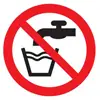
No Pedestrians Allowed
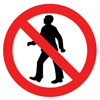
Unauthorised Person Not To Use This Machine
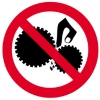
No Smoking
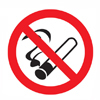
No Escape Route
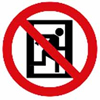
No Fork Lift Truck
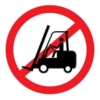
No Mobile Phone
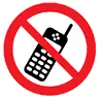
Unsafe Scaffold
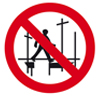
No Thoroughfare
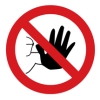
Safe Condition Signs
Safe condition signs are used to indicate a safe condition. The safe condition signs are usually green in colour. Below are a few examples of safe condition signs:
Emergency Stop
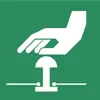
Emergency Eyewash Station
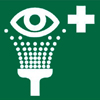
Emergency Assembly Point
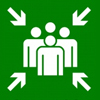
Emergency First Aid Shower
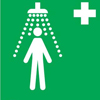
Emergency Exit
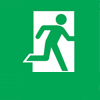
First Aid
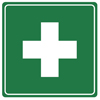
Mandatory Signs
Mandatory signs indicate actions that must be performed. These signs are usually blue and white. If you see a mandatory safety sign, you must follow the action it suggests. Below are some examples of mandatory signs:
Hearing Protection Must be Worn
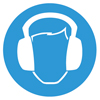
Safety Gloves is Mandatory
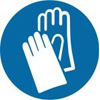
Safety Footwear Must be Worn
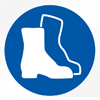
Safety Helmet Must be Worn
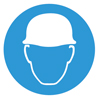
High-visibility Clothing Must be Worn
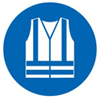
Protection Overalls Must be Worn
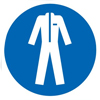
Other Signs
You must recognize some other safety-related signs when working in the construction industry. These signs indicate the locations of crucial items such as fire extinguishers, fire-fighting equipment, fire alarms, call points, and fire hose reel locations.
Fire Hose Reel Kept Here
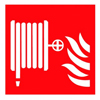
Fire Alarm Point
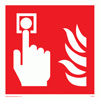
Fire Fighting Equipment Kept Here
